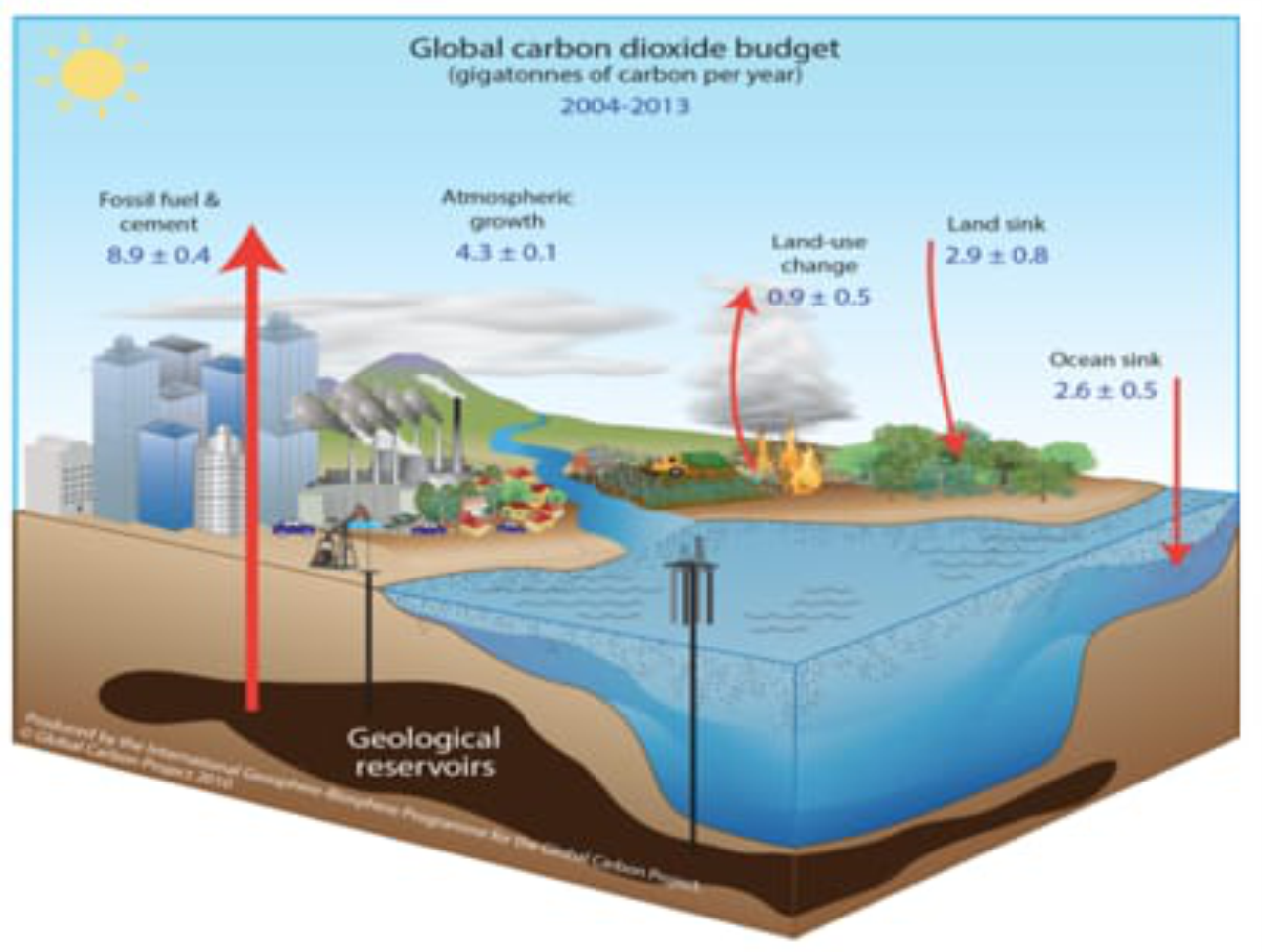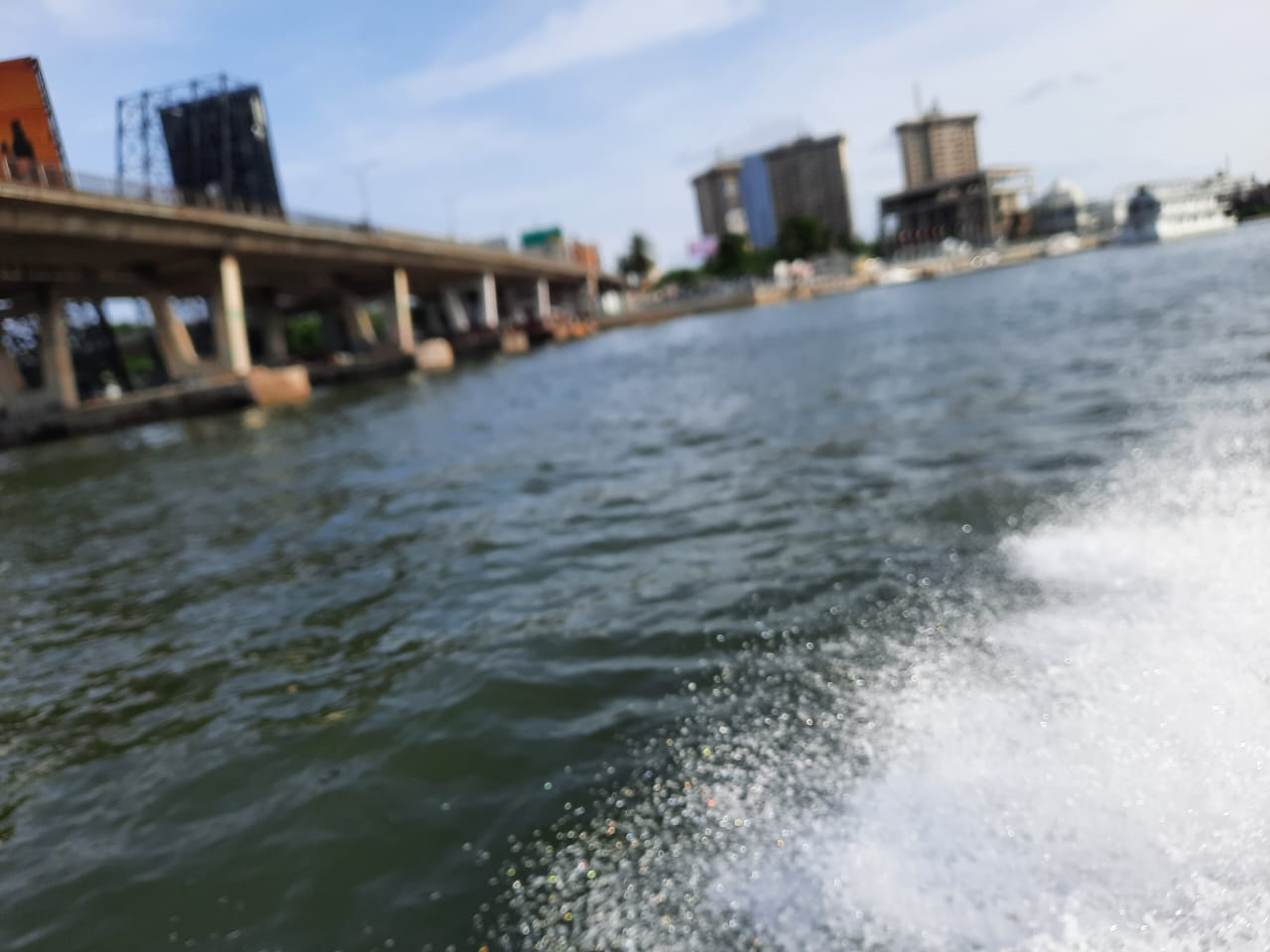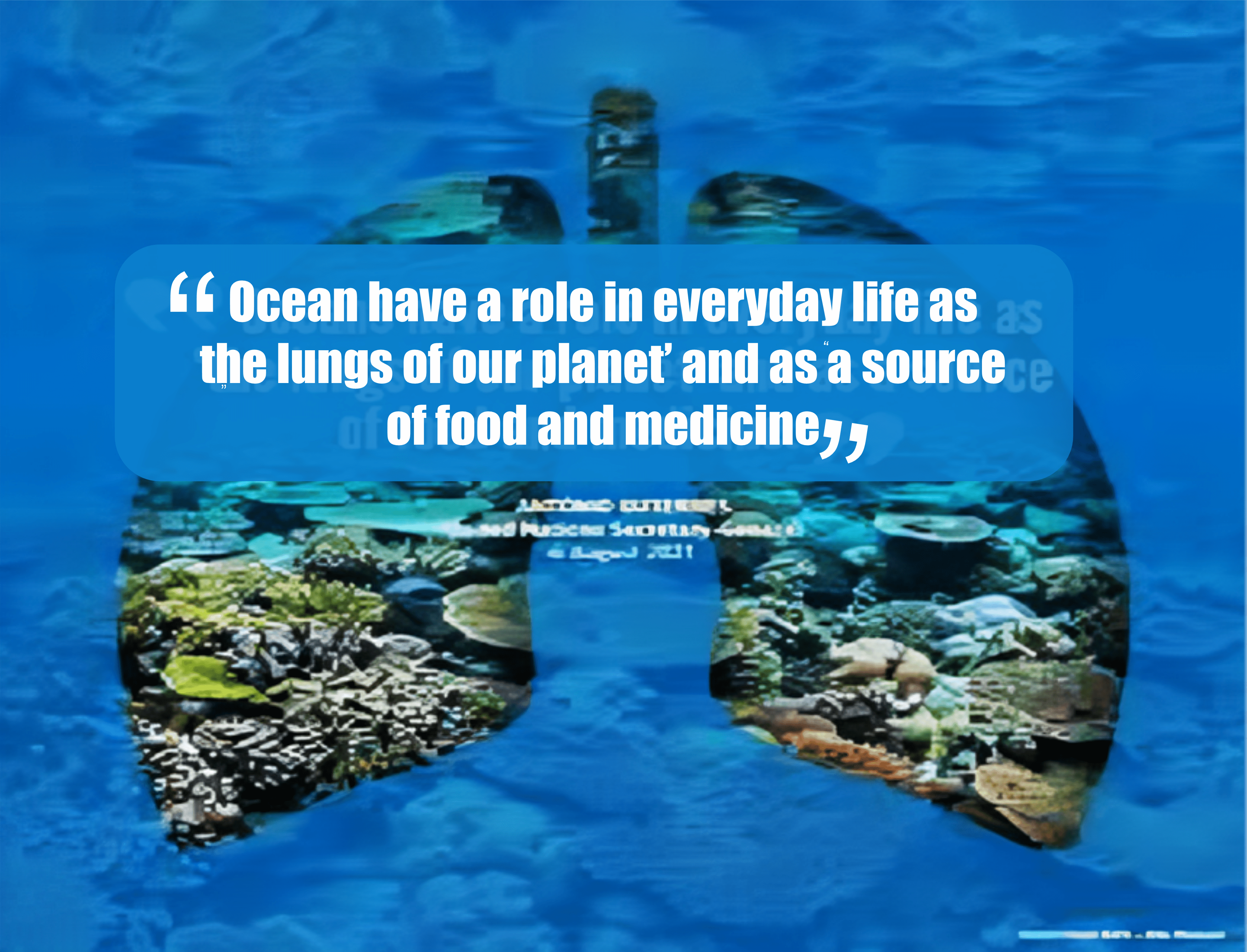
Nature Based Technology For Ecosystem Services and Sustainable Blue Economy Development

African maritime and blue economy faces several challenges in implementing the blue economy. Firstly, there is no existing working policy to guide the implementation of the blue economy. Secondly, there is a lack of strategy for implementing existing Acts by respective agencies and parastatals. Thirdly, there is an inadequate legal framework for implementation, including monitoring and surveillance. Fourthly, there is a lack of willingness for coastal protection. Finally, there is a lack of funds.
Global Challenges
- Climate Change and Biodiversity: The Unknown Factor that could severely impact negatively on Global blue growth prospects is the issue of global climate change and its impact on the ocean’s ecosystems, as described earlier in this report. Of particular concern, especially for the fishing industry, should be the fact that marine scientists as yet have little understanding of the specific changes that the Gulf of Guinea will undergo as seawater continues to warm. Effects on fish stocks can vary and it is difficult to predict how various species might react to different changes in the current’s temperature, nutrition content, and pH level. However, it is possible that many fish stocks would react adversely to such changes by migrating to other ocean areas and propagating less for example. A study looking at the limited available data to discern possible ocean changes for West Africa predicts coastal waters will see a rise in sea surface temperature changes as well as a significant increase in ocean acidity by 2050. The Gulf Guinea Commission (GGC) is currently conducting a multi-year project to get a better understanding of possible ocean changes due to climate change. Both the fishing industry as well as government should take note of any eventual findings.
- Water & Energy: The private sector has long been concerned regarding the government’s ability to ensure uninterrupted and affordable supplies of freshwater and electricity. These concerns are justified since the country continues to greatly rely on costly energy imports from West Africa, itself no stranger to energy shortfalls. Possible limits on water supply at the coast are of considerable concern for the mining industry located there, which requires a significant amount of water, especially the uranium operations. The lack of meaningful investment in bulk water infrastructure since independence by the government is a particular concern that hampers economic growth and investments. This is required for part of the countries, suffering from the production of healthy drinking water. Conversely, it is not improbable that the coastline with its high potential for renewable energy coupled with desalination plants that intentionally cap charges could provide plentiful cheap energy and affordable water for various business undertakings. This would however require significant investment, less bureaucracy, and increased political will.
- Lack of Stakeholder Coordination: Coordination among stakeholders to manage ocean and coastal areas remains a significant concern in Nigeria and several interviewees voiced criticism in this regard. This issue not only concerned communication between government institutions, the private sector, and the public but also coordination between key stakeholders concerned with natural resource management. It was noted that the tourism sector was especially negatively influenced by poor coordination among the key ministries to open up new opportunities for the sector’s expansion; while a local government representative was concerned about the poor communication and lack of proactive management displayed by line ministries to manage and monitor environmental impacts together with municipalities around the towns.
- Africa Challenges

SeaNexus Global outreach and local Impact
Seanexus Innovative Integrated Nature based Technology Solution-Seaweed and Value Chain for Blue Economy and Sustainable Development
- SeaNexus provides data driven ecological friendly technology for sustainable harvesting of water resources.
- SeaNexus possesses intellectual capital in the form of data from multiannual scientific studies
- SeaNexus technology was developed following research based on mathematical modeling, simulation, materials, biological and ecological analysis, hydrodynamic model testing, and risk and reliability-based design.
- This holistic approach reduces the risk of losing offshore farming constructions and seaweed yields and helps avoid unwanted pollution cycles. Our turnover is based on license fees and the fees on yield as a result of our services.



